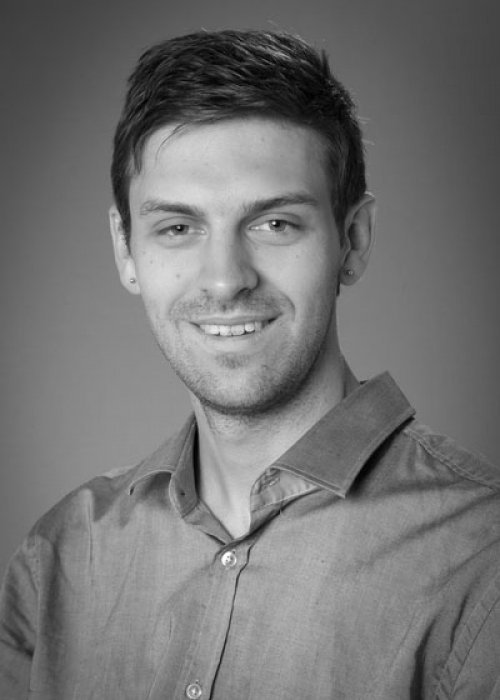What is Biohackeri?
Biohackeri is a non-profit that aims to make research especially biology, health and biotechnology, accessible to the everyday person. We want to empower citizens to solve problems with the lens of biology and self-experimentation.
Our current focus is on: the use of health data to improve healthspan, lifespan and performance.
We do so by:
Teaching through workshops and events: Which is why we are opening a biohacker space in Sweden.
Connecting people from all disciplines: to tinker around the same projects and collaborate, this includes people in the biotech industry, and entrepreneurs, but also people who are just curious about biology.
Publishing findings from self-experiments: and make sure that these findings are rigorous and useful.
Hosting events: where guests share their experiences or project findings related to self-experimentation, DIY biology and citizen science.
Working on different projects in Do-It-Yourself biology and quantified self to improve its reputation and involve the public.
Norman Thagard self-experimenting aboard the Space Shuttle. He conducted physiological experiments on personnel during the STS-7 mission (source: wikipedia)
Meet our Board Members
-

Eric Orlowski
Head of Research
-

Polina Tersh
Head of Community
-

Ismail Elouafiq
Chairman
-

Gal Horowitz
Designer/Chemist
-

Johan Snider
Teacher/Researcher
-

Adam Horowitz
Designer/Treasurer
-

Milana Faltin
Board Member
-

Xuelong Fan
Board member
What is Biohacking?
Bio-hacking in general means understanding some aspect of biology and affecting it to get some desired result.
This is very similar to computer hacking, where the hacker uses their knowledge in technology to achieve their goal.
Biohackers enjoy the challenge of overcoming limitations of biological systems. They mainly separate into three categories:
Health, quantified-self and self-experimentation: these usually experiment with nutrition, supplements, exercise and other things to affect their health.
Synthetic biology: arguably making yogurt on purpose is a type of synthetic biology. Genetic engineering, nanosensing.
Grinders who upgrade their bodies with hardware.
Self-experimentation as a practice has always existed. One could argue that the first human who decided to drink milk from a cow was a self-experimenter.
Usually, the researcher runs the experiment on themselves. However, we use this term to refer to all experiments where there is only one subject (also known as “N of One“ experiments).
Because every individual is different, there are new methods rising in precision medicine that target the specific individual.

